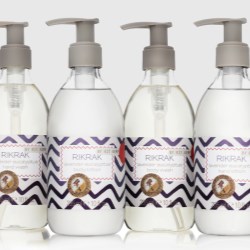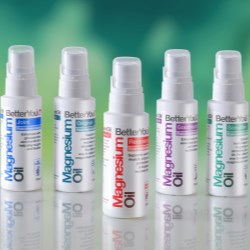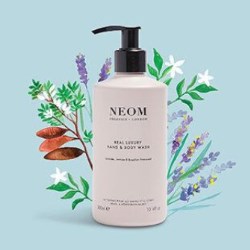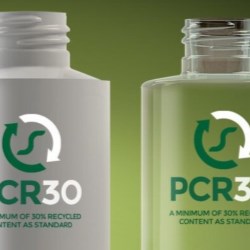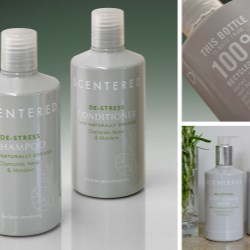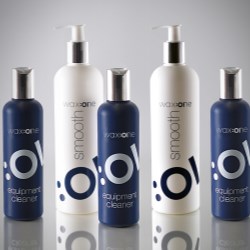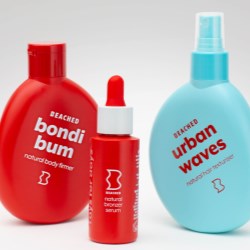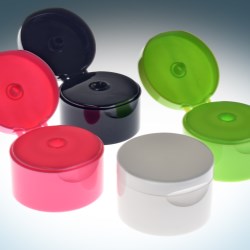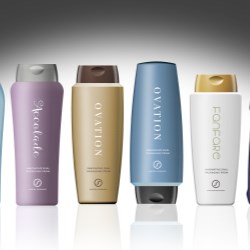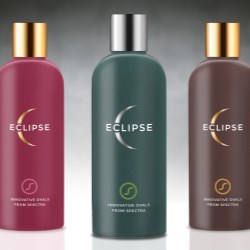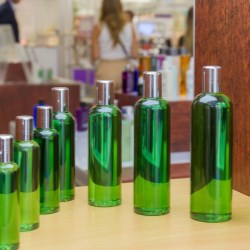Public
Spectra Packaging Catalog
Spectra Packaging Gallery
Spectra Packaging Locations
Spectra Packaging News
If this is your company, CONTACT US to activate Packbase™ software to build your portal.
More and more of today's leading brands are turning to Spectra as they seek outstanding packaging solutions for their products.
Although relatively young, formed as recently as 2007, Spectra have rapidly established themselves within the packaging industry as the go-to company for innovation and quality.
With their energetic and innovative approach, Spectra has established lasting relationships with a number of leading high street names in the toiletries, cosmetics and personal care sectors.
From their modern state-of-the-art manufacturing facility, Spectra can produce a range of high quality products, from versatile packaging in HDPE to glass-like containers in PET. They can also offer a variety of closures, designed to perfectly compliment their bottle range.
The company has also continued to make huge strides in developing sustainable packaging solutions to help brands make an environmental difference. These include advances in Biopolymer and PCR (Post Consumer Recycled) materials in both HDPE and PET.
Spectra is also constantly adding to their extensive range of standard bottles and caps for an off-the-shelf packaging solution as well as providing a bespoke custom moulding and tooling service.
The firm has committed substantial investment in their bespoke 17.4 acre production facility with the very latest machinery and technology and plan to expand the site in the near future. Furthermore, the company has also invested in a dynamic and creative workforce - all industry experts who understand the demanding expectations of today’s biggest brands.
Spectra also has the expertise to guide and advise customers in all, or any, of the manufacturing processes to help their products become reality. This expert knowledge is backed with a flexible approach to each individual customer’s requirements.
Spectra’s on-going investment in the installation of the latest machinery and technology perfectly illustrates the company’s confident long-term commitment to future growth and expansion.
Every state-of-the-art blow moulding machine operating out of the companies bespoke manufacturing plant is carefully customised to meet Spectra's exacting requirements. Furthermore, these all-electric machines guarantee better energy efficiency, reduced noise pollution and counter the risks of oil contamination, a common problem with more conventional older hydraulic machines. Spectra can achieve impressive capacity levels of up to 100m units per annum at their Holton plant, made possible with innovative customisation of their blow moulding machinery which helps
Spectra can achieve impressive capacity levels of up to 100m units per annum at their Holton plant, made possible with innovative customisation of their blow moulding machinery which helps maximize manufacturing flexibility. All the more evident with their impressive range of standard and custom made HDPE bottles, available in 25ml up to 500ml capacities. Co-extrusion offers customers the additional benefits of
Co-extrusion offers customers the additional benefits of soft touch with unique colour finishes and special effects. For an environmental packaging solution, Spectra can also provide recycled HDPE for its customers.
What is Extrusion Blowmoulding?
Extrusion Blowmoulding is the process of manufacturing hollow plastic bottles by melting plastic resin and extruding a tube which is then clamped inside 2 halves of a water cooled mould. When the tube of molten plastic is in, it is then inflated using pressurised air to the shape of the cavity. While inside, the plastic will freeze off to the shape as it is forced against the inside. The mould will then open releasing the bottle so that the process can be repeated.
What are the benefits of HDPE as a material?
One of the most common resins used in blowmoulding, HDPE (high density polyethylene) can produce bottles with high stiffness, good resistance to water vapour and excellent resistance to alcohol, acids and alkali's. In its natural state HDPE will produce bottles that are opaque, however, a high gloss feel and appearance can be achieved if required. For a more squeezable feel, MDPE (medium density polyethylene) can be used for certain products such as creams and lotions. HDPE is suitable for recycling.
To complement their standard range of containers, Spectra also supplies innovative quality closures which provide their customers with that total packaging solution.
Spectra produce caps which not only fit their range of containers beautifully, but also their customers needs too - with a bespoke closure service aimed at delivering truly individual results for a wide range of markets.
What’s more, Spectra’s flexible approach also enables customers the opportunity to own closure moulds outright or simply benefit from partial tooling exclusivity. This is dependant on specific markets or particular circumstances.
Customers can also take advantage of Spectra’s market knowledge, with a range of added value benefits. These include polymer colouring expertise which produces stunning results for a variety of effects such as metallics or pearls, as well as exact colour matching. This is reinforced with guidance and technical assistance on a number of closure issues from design and materials to choosing the ideal cap for a particular bottle type.
What is injection moulding?
Injection moulding is the process of manufacturing highly accurate plastic components such as closures, overcaps and reducing plugs. Plastic resin is fed into a heated barrel and screw which is then injected at high pressure into a water cooled mould which may consist of various moving parts. Due to the high injection pressures this cavity will be held together by the use of a clamping unit. While the plastic is held inside the mould, the plastic will freeze off to the desired shape. After the plastic has cooled sufficiently the mould and clamping unit will open and allow the finished component to be ejected so that the process can be repeated.
What are the benefits of PP as a material?
Generally PP is advantageous when being used in conjunction with a dissimilar bottle material ie HDPE / PVC / PETG as it will improve any binding issues between the 2 components.
Installation of new injection stretch blow moulding production lines means Spectra can confidently meet market needs. The company’s standardised machines produce outstanding quality PET containers in a variety of sizes from 25ml up to 500ml capacities. What's more, a number of stylish finishes, including frosted PET, can also be achieved, while a range of colouring options is virtually limitless.
Strong yet lightweight, Spectra’s extensive PET range offers robust barrier properties for product protection and superb glass-like clarity which is perfect for displaying products in their best light. PET also has the added environmental benefits of being more readily recycled, a major consideration for both Spectra and its customers. Spectra can also go one step further by moulding from recycled PET.
What is injection stretch Blowmoulding?
Injection Stretch Blow Moulding is the process of manufacturing high quality and very high clarity bottles. The plastic is melted and then injected into a mould to form a preform. The preform is then pre heated before being held inside two halves of a mould.
When the preform is inside it is then inflated using high pressured air while simultaneously being stretched. While the plastic is inside the cavity, the plastic will freeze off to the desired shape as it is forced against the inside walls. The mould halves will then open releasing the bottle so that the process can be repeated.
What are the benefits of PET as a material?
PET (Polyethylene Terephthalate) is ideal as an alternative to glass bottles, offering a number of packaging advantages such as excellent clarity, as well as barrier characteristics against carbon dioxide and oxygen. With PET lighter weight bottles can be made and this material has a High breakage resistance to avoid risk and injury. PET is also suitable for recycling.


